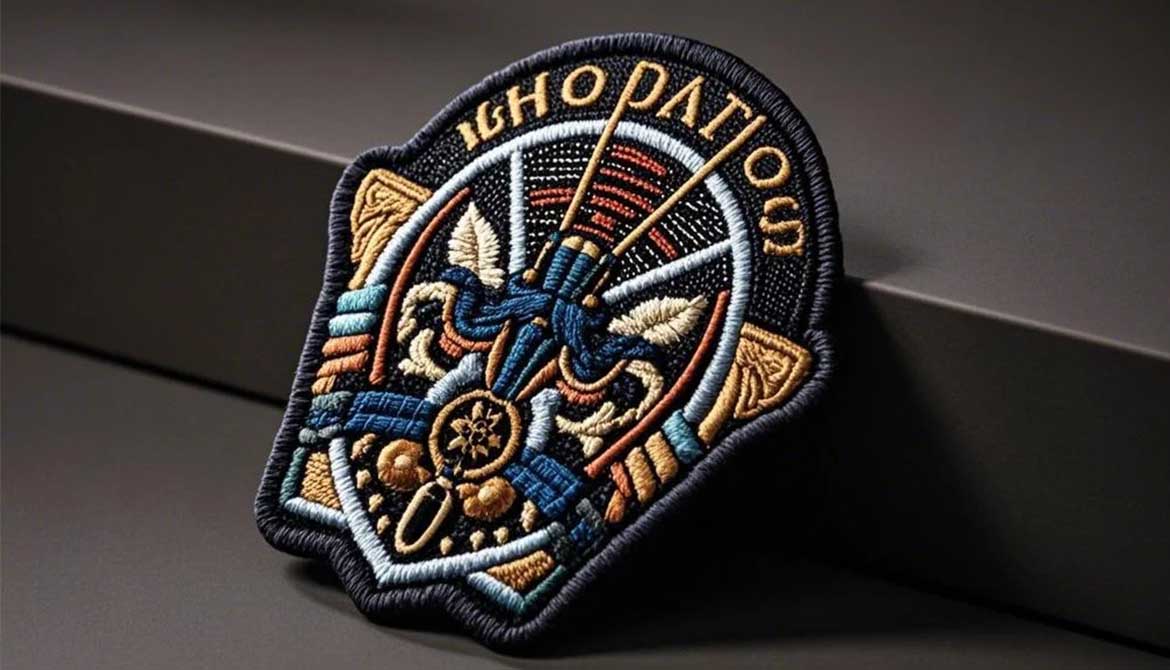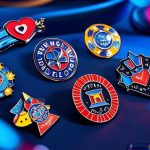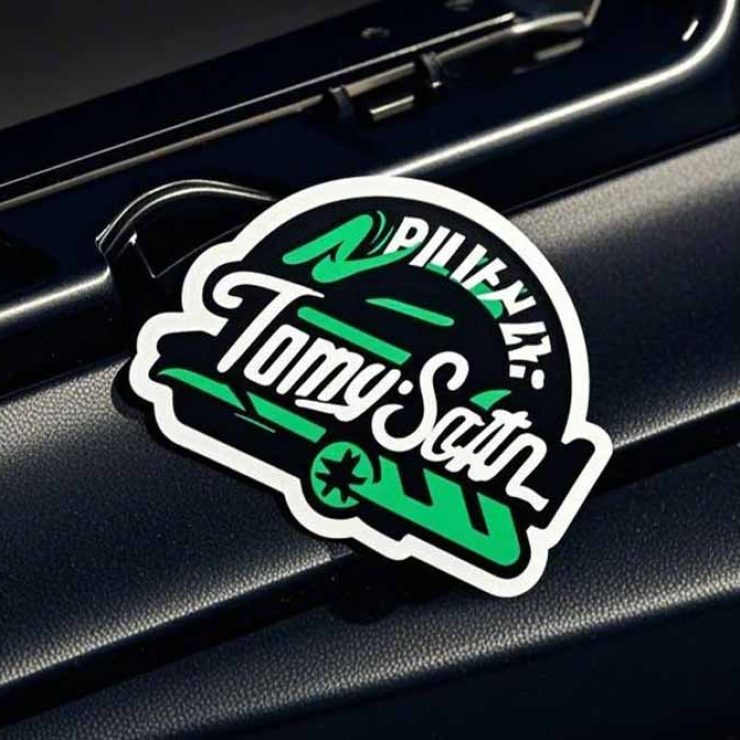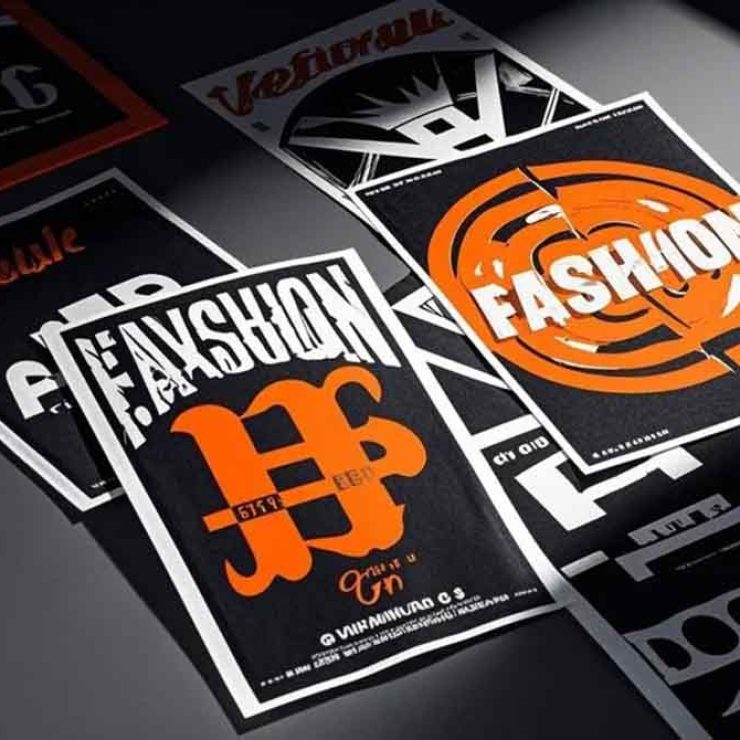
EMB Patches

Base Fabric
Twill, Felt, Polyester/Cotton Blends.

Backing
Iron-On, Sew-On, Velcro

Threads
Polyester , Rayon , Glow-in-the-Dark, Reflective

ECO
Water-Based Adhesives, Zero-Waste Cutting
- 1. Design & Digitization
- Artwork Creation: Finalize the design (logos, text, or graphics) and convert it into a digital file (vector format preferred).
- Digitization: Use embroidery software to convert the design into a stitch file, specifying thread colors, stitch types (satin, fill, running), and density.
2. Material Selection- Base Fabric:
- Twill: Durable and smooth, ideal for detailed designs.
- Felt: Soft, budget-friendly, used for simple shapes.
- Polyester/Cotton Blends: For moisture resistance or flexibility.
- Thread: Polyester (colorfast, durable) or rayon (shiny finish).
- Backing:
- Iron-On: Heat-activated adhesive (e.g., thermoplastic).
- Sew-On: Non-adhesive fabric (e.g., twill or merrow edge).
- Velcro/Hook-and-Loop: For removable patches.
3. Hooping & Stabilization- Hooping: Secure the base fabric in an embroidery hoop to keep it taut during stitching.
- Stabilizer: Place a temporary backing (cut-away or tear-away) under the fabric to prevent puckering.
4. Embroidery Process- Multi-Head Machines: Industrial embroidery machines with multiple needles stitch the design simultaneously.
- Stitch Types:
- Satin Stitch: Smooth, glossy finish for borders and text.
- Fill Stitch: Dense, flat stitches for large areas.
- Running Stitch: Outlines or fine details.
- Layering: Thread colors are stitched in sequence, starting with the background.
5. Cutting & Finishing- Die-Cutting/Laser Cutting: Shape the patch using a steel die or laser for precision.
- Edging:
- Merrow Border: Overlock stitching around the edge (common for twill patches).
- Laser-Cut Edge: Melted edge for a clean, fray-resistant finish (common for polyester).
- Backing Application:
- Iron-on adhesive is heat-pressed onto the patch.
- Velcro or sew-on backings are stitched or glued.
6. Quality Control- Visual Inspection: Check for loose threads, misaligned stitches, or color mismatches.
- Durability Tests: Ensure adhesive backing bonds securely and stitches withstand washing.
- Size & Alignment: Verify dimensions match the original design.
7. Packaging- Individual Wrapping: Patches are packed in polybags to prevent damage.
- Bulk Packaging: Organized in boxes or rolls for wholesale orders.
- Custom Branding: Add tags or inserts with care instructions or logos.





